Connect through Spelling (CtS) is an innovative method that aims to empower autistic individuals, with speech limitations, to reach their true capability. CtS provides access to meaningful learning and discussion, purposeful motor-skill development and expressive communication; all key to leading a fulfilling and ‘connected’ life. Its core principle is that every individual, regardless of their challenges, is capable of meaningful learning and expression if they are respected and supported to build skills.
Origin story:
Connect through Spelling (CtS) was adapted from RPM (The Rapid Prompting Method), developed by Soma Mukhopadhyay as the ‘original’ spelling method over twenty years ago. It maintains the key principles and methodologies that Soma established, while adapting strategies, practices and ethical guidelines for the UK.
Imagine a life where you couldn’t share your thoughts, dreams and views with the people around you. Imagine being totally misunderstood due to a lack of reliable and expressive communication. The aim of CtS is to help autistic people, with speech limitations and purposeful movement challenges, to live rich lives of connection.

Who is CtS suitable for?
We see autistic individuals who have:
Sensory Challenges
Access to education is not contingent on being regulated or able to sit at a table. We adapt participation levels, recognising the regulation-participation loop that many individuals require. We consult with Sensory Integration Specialists to support our own knowledge and to help individuals with complex challenges.
Non, minimal or unreliable speech
We see individuals with a range of verbal abilities: from those who can have social conversations via GESALT language to those who can make small approximations when highly motivated.
Movement challenges
Autistic people can have a range of challenges with purposeful, language-led movement (including, but not limited to, apraxia). Despite the sensory-led movements, impulses, physiological reactions (like fight/flight), we work with students to develop the purposeful motor skills required to demonstrate their knowledge and expressive language. As part of this we look at issues impacting postural stability, muscle tone, general co-ordination and ocular control.
Pre-requisites?
There are no academic or behavioural prerequisites; we will meet each individual where they are at and plan a way forward. We see many students who have not been able to make progress with traditional communication tools or have plateaued academically.






